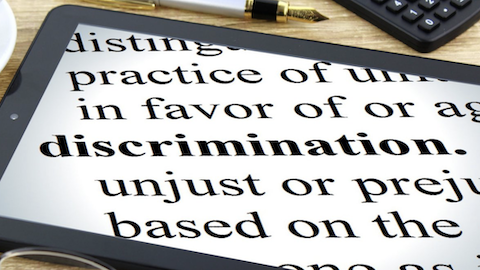A hard truth

What happens when individuals are subject to discrimination in schools, workplaces and just about every area of daily life?
Discrimination results in significant harm to LGBTQ+ people, whether it's interpersonal discrimination in the form of bullying, harassment, or assault, or structural discrimination in the form of laws, policies, and practices. In fact, research shows that discrimination significantly harms the mental and physical health for LGBTQ+ people, with impacts ranging from higher rates of depression, anxiety, and substance abuse to elevated stress hormone levels and cardiovascular disease.
That's the bad news. The good news is that key protective factors can reduce the harms of discrimination, including support from family and peers and a positive social climate.
Explore the results from 300 studies exploring the impact of discrimination on the wellbeing of LGBTQ+ people as presented by the What We Know portal at Cornell University.
Featured Content
References:
What We Know Project, Cornell University, “What Does the Scholarly Research Say about the Effects of Discrimination on the Health of LGBT People” (online literature review), 2019. https://whatweknow.inequality.cornell.edu/topics/lgbt-equality/what-does-scholarly-research-say-abou...
